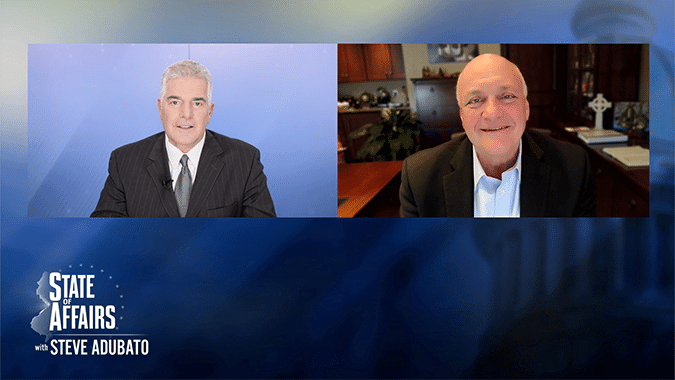On behalf of NJBIA, the nation’s largest statewide business association whose members employ over one million people in the Garden State, we oppose S-329, which Establishes Prescription Drug Affordability Board; appropriates $1 million and is sponsored by Senators Singleton (D7) and Beach (D6). We oppose this legislation because it would place price controls on one specific industry, the pharmaceutical industry, which plays an important part in New Jersey’s economy.
NJBIA continuously advocates for high-quality, cost-effective healthcare for our members. In fact, our recent Health Benefits Survey indicated that nearly 8 in 10 of our members currently offer health insurance coverage to their full-time employees, and many are continually seeking ways to enhance those benefits or expand their offerings. NJBIA is testifying in opposition to this legislation because it singles out one industry in a very complex healthcare delivery market to attempt to control costs. While that is a laudable goal for our members who offer health insurance coverage to hundreds of thousands of New Jersey’s residents, we don’t support an approach that will set a government-controlled market.
The Prescription Drug Affordability Board is the wrong way to address patient out-of-pocket drug costs. Rather than taking a holistic, systemwide approach to finding a solution to control consumer costs, the proposed Affordability Board focuses on one particular sector of the healthcare industry. The pricing of healthcare is much more complex than setting a mechanism to establish price controls for one segment of a multi-level healthcare sector.
Second, we don’t want to inhibit private investment and research needed by the pharmaceutical industry. By establishing this board, this will send a message to companies looking to R&D not to invest in the state. It is part of NJBIA’s vision, as well as Governor Murphy’s, that New Jersey reclaims its role as the innovation state. New Jersey already lags our regional competitors in critical indicators of innovation, and this policy flies in the face of moving the state forward in the innovation space.
Third, the drug manufacturers are presumed to set the price of the drug when in fact, there is a complicated pricing structure that exists in the healthcare sector which controls price setting of drugs.
Finally, New Jersey represents the eighth largest economy in the United States. That, in itself, is a testament to the ingenuity of our business community, given how difficult it has become to operate in New Jersey. In a recent CNBC study, New Jersey ranked among the bottom six states in the nation for the cost of doing business.
NJBIA does not support price controls for business. We do, however, welcome a very comprehensive discussion about the delivery of high quality, cost-effective care in New Jersey.
Thank you for the opportunity to testify and I ask that you vote NO on S-329.



